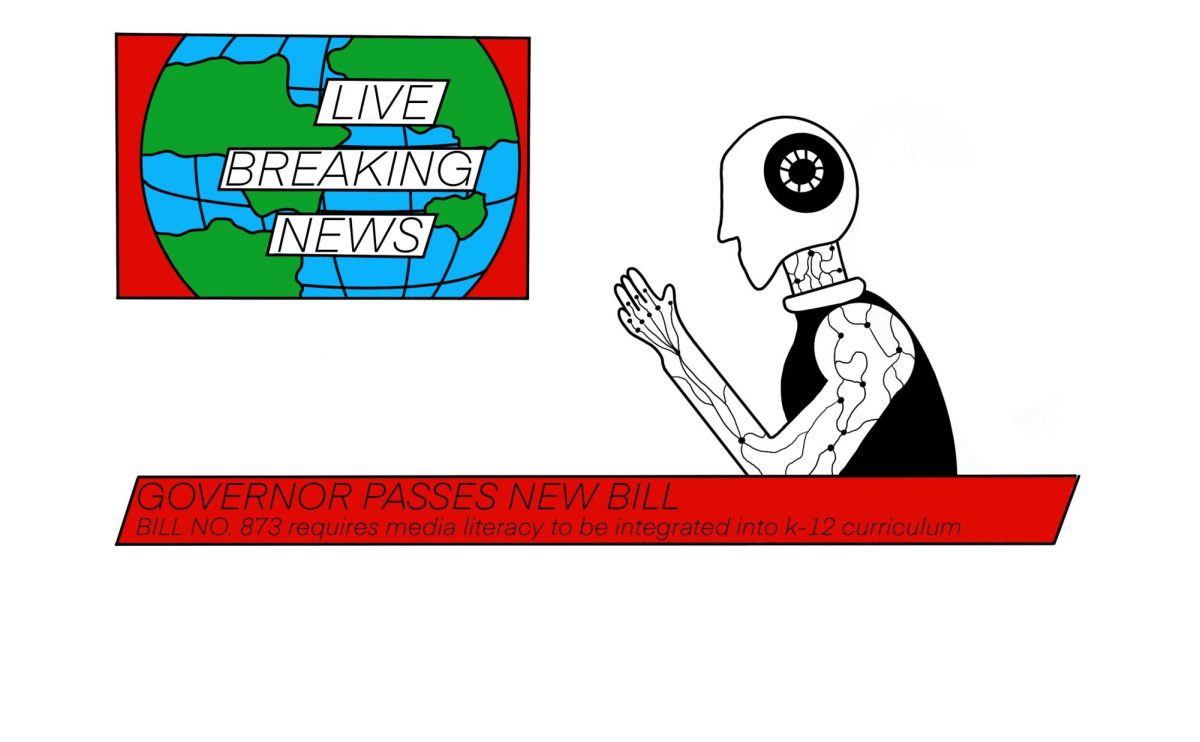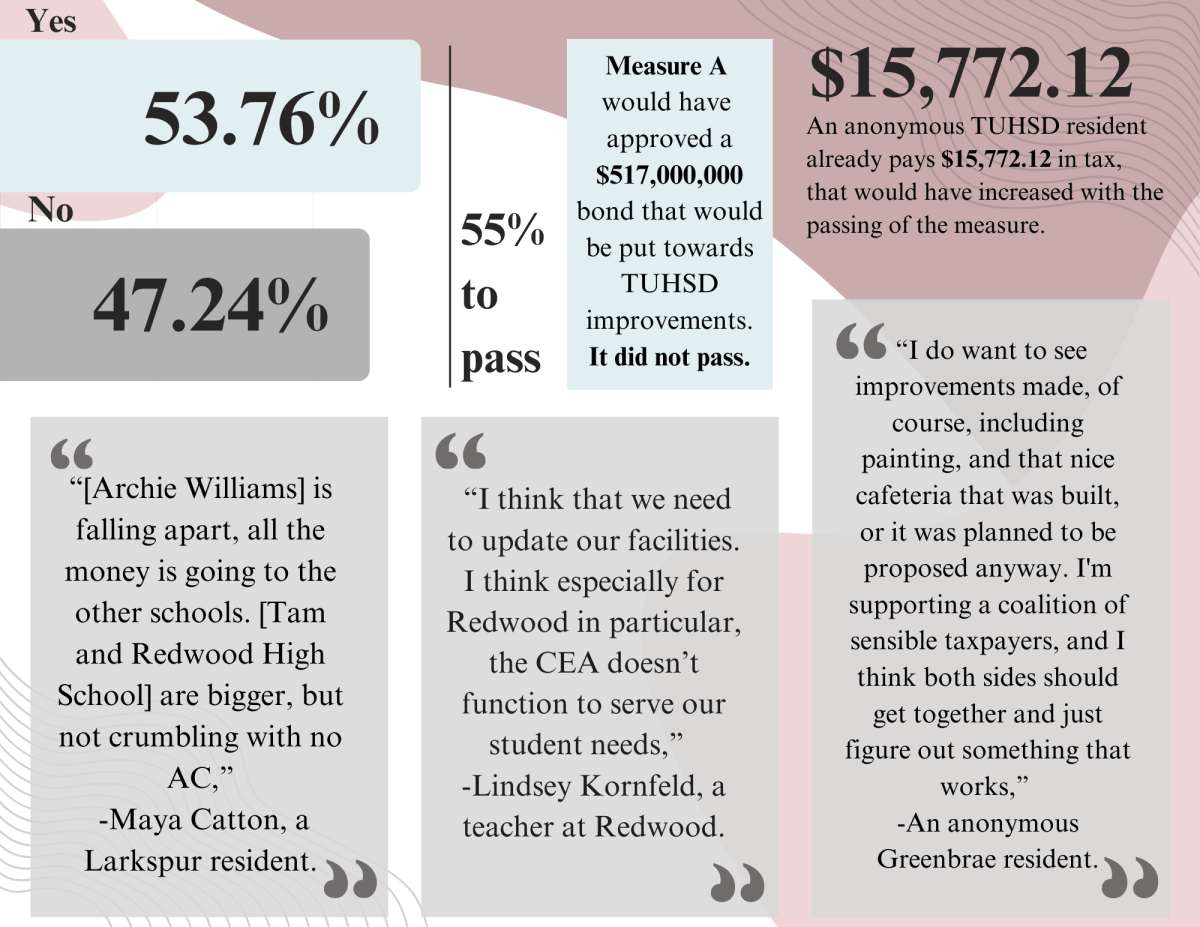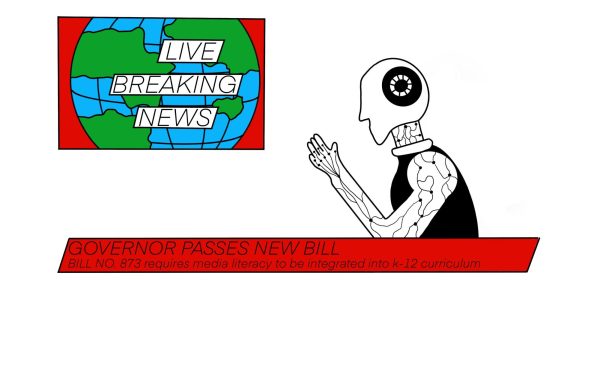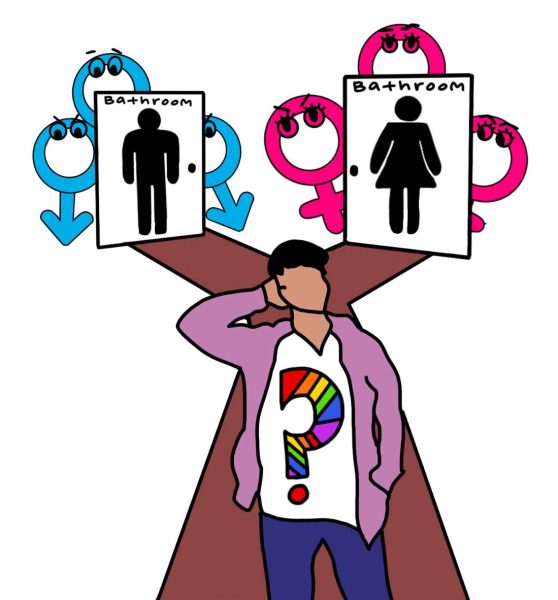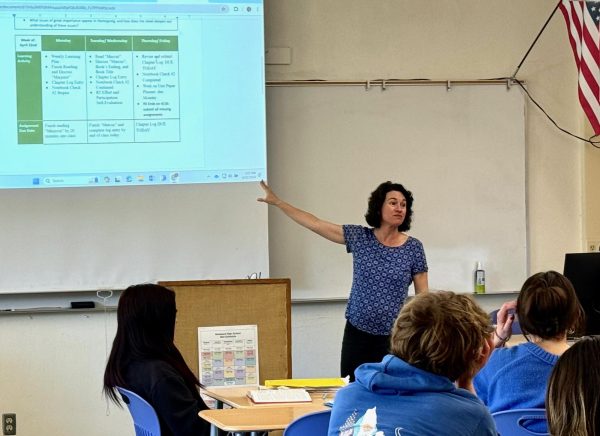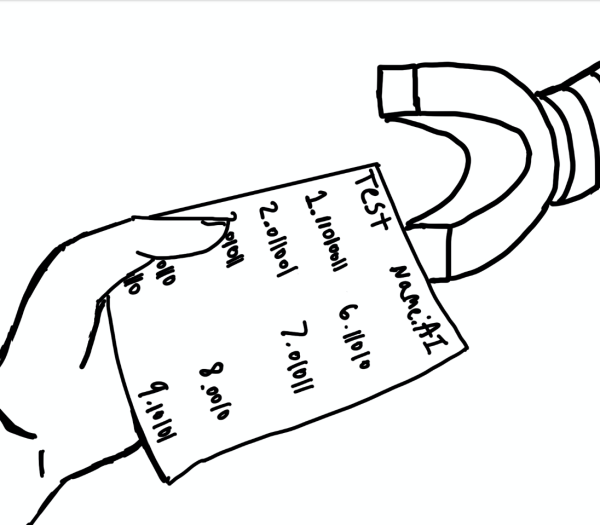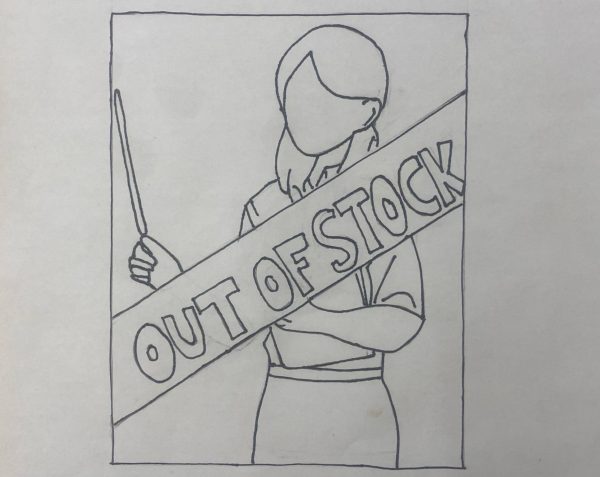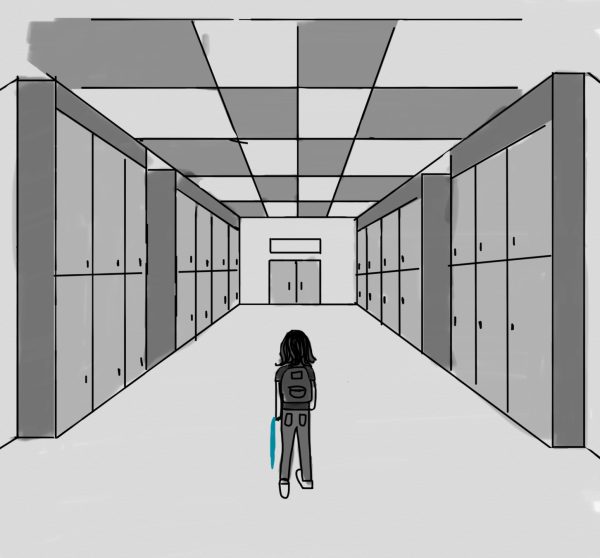Facing the threat of climate change: An immediate call to action
May 1, 2023
“Climate change is a global concern. There are many aspects around the idea, but the most interesting ideas to me are what government investments are going on, [how] are companies and private organizations doing it and what are the everyday citizens doing to minimize their carbon footprint?” Director of Sustainable Impact at Autodesk Inc. and former Climate Task force employee Kat Mitchell said.
One of the most difficult problems the human race is confronting is climate change. Due to human activities which include the combustion of fossil fuels, deforestation and industrial processes, substantial shifts in weather patterns have been observed. More extreme weather events including increasing sea levels, melting ice caps, damage to ecosystems and biodiversity are the consequences of this change. The Earth is warming and according to the scientific community’s consensus on the subject human activities are the main culprit. According to the Intergovernmental Panel on Climate Change (IPCC) global temperatures have already risen by around 1.1°C above pre-industrial levels. Assuming current trends continue, temperatures may climb by 3°C or more by the end of the century. Our planet would suffer as a result. There would be more frequent and severe heat waves, floods, storms and droughts. One of the main drivers of climate change is Carbon Dioxide in the atmosphere.
“Reducing greenhouse gas emissions [specifically CO2] by 2030 down to 2005 levels, slowly descending from the tipping point, which is where we are almost at now, is key and what I was tasked with while working for the U.S government,” Mitchell said.
To slow the rate at which we are emitting greenhouse gasses, the government has to fund projects and private groups that focus on climate change innovation. Citizens have to make choices that minimize their carbon footprint.
Fortunately, many countries have devoted themselves to reducing their greenhouse gas emissions. In 2015, a climate change conference was held by the United Nations and 196 countries signed a legally binding international treaty known as the Paris Agreement. Global leaders swore to pursue efforts to limit the temperature increase by 2030. The conference was a testament to the level of international cooperation needed to address the crucial problem. After the Paris Agreement, clean energy investment grew by only two percent during the next five years but since 2020 global investment in the clean energy industry has grown by 12 percent (IEA). Since this treaty sprung into action, governments have spent more money in the Electric Vehicle (EV) industry than ever before.

As of 2020 there is 632 billion dollars invested into combating climate change per year. We need to get this number to 4.13 trillion per year by 2030
“President Biden’s Bipartisan Infrastructure Law invests $7.5 billion in EV charging, $10 billion in clean transportation and over $7 billion in EV battery technology,” according to the White House.
Corporations are also highly invested in the EV industry with General Motors and Toyota planning on spending an overwhelming 100 billion dollars on EV’s and battery tech. EV charging stations are now widespread across the United States with hundreds of stations planned to be built over the next few years.
Deforestation is also a contributing factor to climate change. Forests, which take up about 30 percent of Earth’s surface, are the third largest carbon sink in the world. They absorb twice as much carbon dioxide than they emit each year and have been aiding us in limiting the pace of climate change since the start of the Industrial Revolution by reducing the rate at which CO2 builds up in the atmosphere. But with rainforests being cleared for plantations and raw materials, we are losing these precious carbon sinks. Governments around the world have addressed this issue but more laws prohibiting logging need to be set in place, especially in Brazil, where the majority of the Amazon is located.
Nevertheless, the war on climate change has been lackluster and we are still far from achieving the goals set forth by the Paris Agreement. To hasten the transition to a low-carbon economy and cut emissions, immediate action is required.
Governmental policies and laws are a big part of reverting what has been done to our planet, but community members can also make an impact in society.
“Anything you can do makes a difference, whether it’s picking up trash, using reusable containers, or thinking before buying,” sophomore Ava Melen explained.
“K.K Swaps is [a thrift and consignment store], founded by two teenage girls, at Tam High School,” Melen said. “Reuse, repurpose and recycle. Old jeans and sweatshirts are donated to them and they sell them for a discounted price to teen girls around Marin County.”
Ideas similar to K.K Swaps would greatly benefit the community and help create a low carbon footprint.

Sophomore David Rajkovic stated that,
“My mom recently went out and bought my brother and I reusable lunch bags instead of the big plastic Ziploc bags. She also got several food containers to put our lunch items in. Before we were running through a box of Ziploc every month.”
Sustainable living is a great way to make an impact. Multi-use containers and thrift clothing are a couple ways you can do that. When you go grocery shopping get the eco-friendly packaging and buy less of the single -use plastic-wrapped goods.
These changes are mandatory as we can see the effects of climate change firsthand. Severe flooding swept through coastal and central cities in California this past year, laying ruins to towns like Santa Cruz and San Francisco. Water, energy, transportation, agriculture, ecosystems and wildlife are also experiencing the effects of climate change. In Marin County, we have seen valiant efforts made.Climate change is a serious and complicated issue that calls for cooperation on all fronts. Time is of the essence as we have started to experience the effects of climate change. We need to act now by cutting current emissions and constructing a future, one that’s more sustainable for generations to come.


